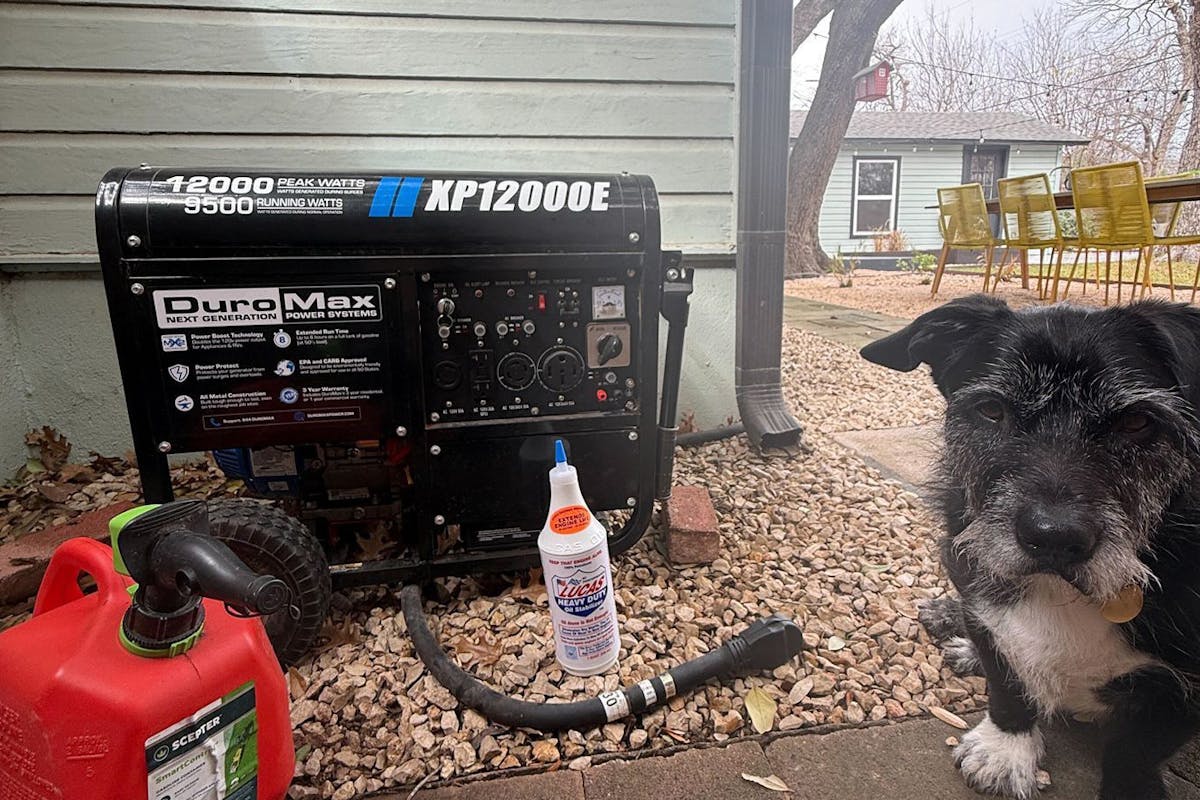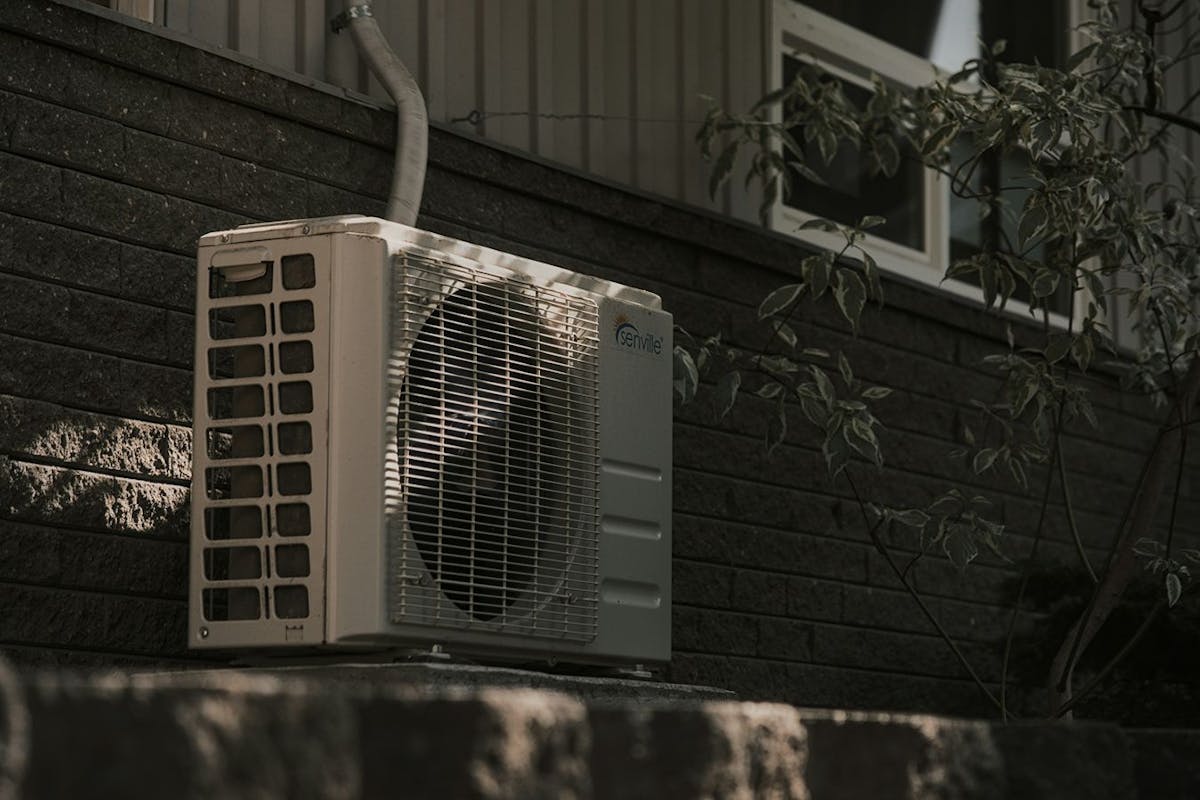Saving Comfortably With Energy-Efficient Windows
Last edited
Author
Andrew Giermak
Solar and Electrification Writer and Editor
Editor
Andrew Blok
Electrification and Solar Writer and Editor

Windows can be a big source of wasted energy at your home. Whether you’re running your heat or your AC, heat gain or loss through your windows is lost energy and means higher energy bills.
So when it’s time to get new windows, getting the right energy-efficient windows for your home can deliver better comfort in your home, increase your home value, and save money through energy efficiency. Here’s what you need to know about new windows, your options, the cost, and the benefits.
See how much you can save with home energy changes
The Benefits of Energy-Efficient Windows
Energy efficiency is one potential benefit of new windows. According to the U.S. Department of Energy, 25-30% of heat gain or loss in a residence happens through windows.
Direct savings on a monthly electric bill may take years or even decades to offset the cost of the new windows, but upgrading them can have ripple effects. More efficient windows put less strain on your home’s heating and cooling. That can mean fewer repair calls and additional years before an expensive overhaul of your heat pump or air conditioner.
Other benefits of new windows include safety, overall comfort, appearance, and higher home resale value.
What Makes a Window Energy Efficient?
Many factors go into a window’s energy efficiency, like the number of panes. There are single-, double-, and triple-paned windows, with one, two or three panes of glass. Triple-paned windows are most efficient, but more expensive. The space between the panes can be filled with insulative gas like argon or krypton to improve the window’s ability to keep heat in or out.
The window frame is also important to insulation and efficiency. Vinyl, composite, and fiberglass are the most common frames for new windows. Fiberglass framing is the most efficient.
Coating is another option. Low-E windows are coated to provide low emissivity, or prevent ultraviolet and infrared light from going through. Along with the health benefits of shielding you from ultraviolet light, it improves energy efficiency by keeping homes cooler.
The absolute top choice for efficiency would be a triple-pane window with fiberglass framing. In most climates in the US, insulated double-pane windows with vinyl framing is a good pairing of efficiency and affordability.
With or without doing a total replacement, you can decrease the energy loss through your windows by using caulk or weatherstripping to seal leaks, putting up blinds or curtains, installing overhangs or awnings above your windows outside, or planting shade trees.
Check the Label
Like water heaters, dryers, and other appliances, windows come with a label detailing their efficiency metrics. For an in-depth explanation of these metrics you can go to the National Fenestration Rating Council, but we’ll cover the basics below.
In a warmer region, where cooling efficiency is most important, look for windows with a low solar heat gain coefficient (SHGC), low E-Coating, and low U-Factor. In cooler regions, where keeping heat in is more important more often, look for a high SHGC and low U-Factor. What do these terms mean?
- Solar heat gain coefficient (SHGC): Measures how well a window resists unwanted heat gained. The lower the number, a decimal between 0 and 1, such as 0.25, the better the window keeps heat out of your home.
- U-Factor: A metric of how well a window keeps heat from escaping the home. The lower the number, from 0.2 to 1.2, the better the window keeps heat inside.
- Visible transmittance (VT): VT measures how much daylight passes through a window. The higher the number, between 0 and 1, the more natural light comes through.
- Air leakage: This number measures how much air enters your home through a window. The lower the number, from 0.1-0.3, the better.
(image)

Credit: nfrc.org
How Much Do Energy-Efficient Windows Cost?
The cost of replacing windows starts at about $150 per window and goes to around $5,000. According to a study from the National Renewable Energy Lab (PDF), the cost of replacing a window in 2019 was $600-900. The study, which looked at data from real-world projects, showed cost varied by region and number of windows installed. Window size, construction, shape, and class all affect cost, too.
See how much you can save with home energy changes
Will Energy-Efficient Windows Pay for Themselves?
It’s possible, but it will take a while. It’s likely to take a decade or longer.
Energy Star estimates efficient windows save a household $200-600 a year. Take a relatively moderately-priced replacement job of $5,000 and an optimistic energy bill savings per year and, even then, you’ve got a break even period of about 10 years. There are other factors which can skew the numbers for or against the real savings you’ll see. Going from old single-pane windows to new double- or triple-pane windows will tend to give better energy savings. If you’re replacing relatively efficient windows, you’ll see fewer savings.
It may be harder to directly calculate, but if energy-efficient windows help reduce demand on your HVAC system and extend its life, upgraded windows could be a sound financial decision.
New windows can also make your home more comfortable — warmer in the winter and cooler in the summer. The cash value of that is hard to define, but the benefit can be very real.
Financial Incentives for Energy-Efficient Windows
There is a federal tax credit for installing Energy Star-approved windows on a primary residence. A taxpayer can claim 30% of the project, up to $600. You can find filing instructions with the IRS. The tax credit is now set to expire at the end of 2025.
Some states and localities have incentives or tax credits. Energy Star has a rebate finder where you can enter your zip code to see what’s available.
When Should I Replace My Windows?
Besides obvious cracks and failed seals, it can be tough to tell when your windows need replacing. Fogging between panes is a sign a window’s insulating ability is compromised. Old single-pane windows may be inefficient, even if they don’t appear in need of replacement.
If you’re uncertain, consider a home energy audit. An energy auditor may be able to detect leaks and inefficiencies with a thermal gun or a door blower test. Energy audits vary in scope, so confirm the auditor you hire will check them.
One more important consideration is safety. The functionality of windows could be vitally important to you and your family in an emergency.
If making your home more energy efficient is a larger goal for you, going solar is another idea worth learning about. Check out Palmetto’s Savings Maximizer for estimates on what you can save with home energy upgrades.
See what home electrification can do for you:
Frequently Asked Questions
Are energy-efficient windows worth the cost?
As far as energy bills savings, the answer can be yes, but in the long term. Energy-efficient windows can have the added benefit of reducing strain on your heat pump or air conditioner, and making your home more comfortable.
What are the best insulated windows for cold weather?
In short, triple-pane windows, with two layers of gas insulation, are the most efficient home windows in colder climates.
Can I get a tax credit for energy-efficient windows?
Yes. There is a $600 federal tax credit that expires at the end of 2025. There are some states and localities with additional tax credits or incentives.
What can I do to make my current windows more energy efficient?
Check your windows for leaks or cracks. Add weatherstripping or caulk to seal any gaps or holes. Blinds or curtains can add an additional insulating layer between your home and the outdoors. Outside, you can plant trees and put up awnings or shutters to provide shade and keep your home a bit cooler.
How are energy-efficient windows more sustainable?
Energy-efficient windows can reduce your energy consumption and carbon footprint by keeping your home a more constant temperature while running your HVAC system less. There’s also a positive environmental impact from related benefits such as replacing an HVAC system less often.


